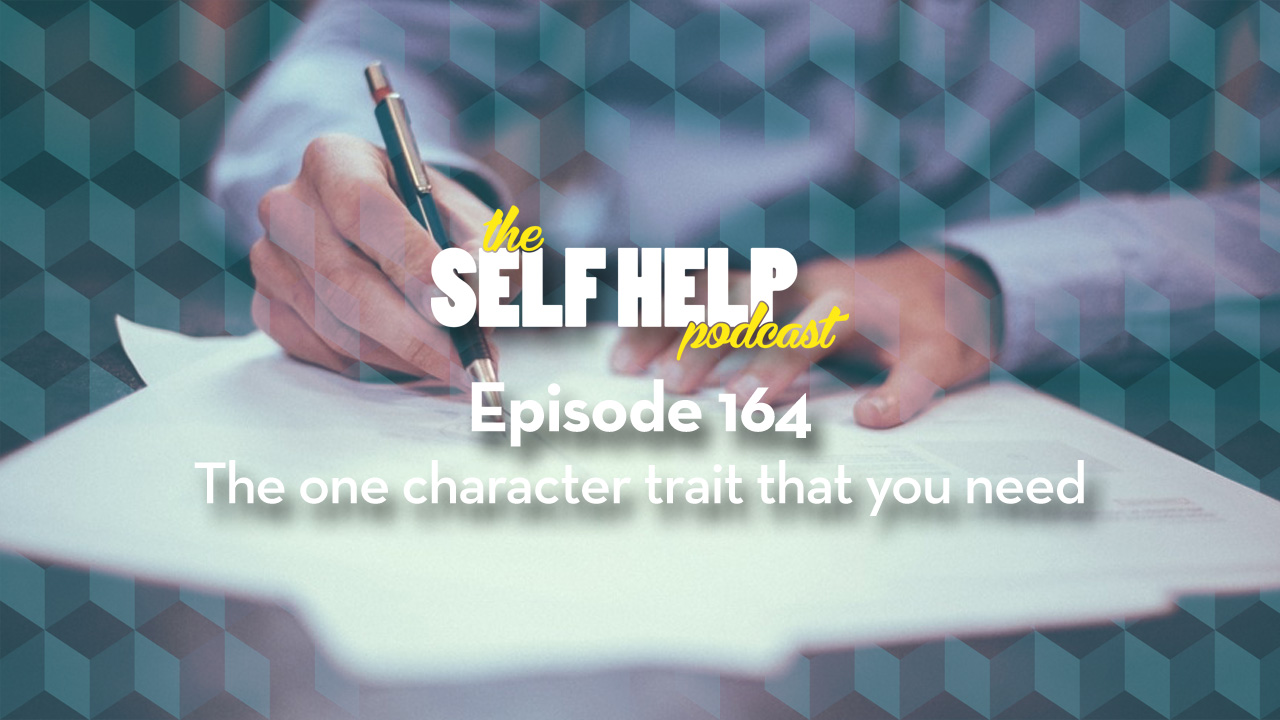What doesn’t kill you makes you stronger.
Imagine that you are hammering in a nail when you slip and hit your thumb. You jump up and down, suck your finger, say a few blue words, you shake your hand and carry on hammering.
Now, imagine that someone is holding down you hand so that you can’t move it. Someone else comes towards you with a hammer and while looking you in the eyes hits your thumb half as hard.
Which one do you think would hurt the most?
Pain is a sensation. Just like heat or cold. Your nervous system registers that something is happening and it sends that message to your brain.
Strangely pain is not experienced in your nervous system it is experienced in your brain. However it does not really feel like that.
There is a scene in the Gormenghast Books by Mervyn Peake when the guru is sat with his students telling them that pain is all in the mind. One of his students is getting angry and feeling mischievous, he strikes a match and leans forward and sets light to the guru’s beard. The guru dies screaming in pain.
We know that it is possible to disassociate from pain. People walk on coals and lie on beds of nails. We also see that people have different thresholds of pain. Some can deal with huge levels of pain while others fall apart with the smallest injury.
I guess that pain is telling us that something is wrong, that we need to pay attention to it and do something about it.
Pain is not always physical. We might have emotional pain, mental pain, social pain, financial pain and so on.
This week Belinda joined us on the podcast. Belinda is a pain therapist using massage and touch to help people deal with and release their pain. The thing that she describes is how we hold emotional pain in our muscles and joints, This was of great interest to me as the relationship that she described between feeling and muscle tension matched the Ayurvedic work I had done in my training. This explained the psychological and emotional connections that are expressed in different parts of the body as chakras or bio energy centres. The body areas related to chakras are quite precise but in simplistic terms they are as follows:
1: Root Chakra
Sited in the perineum the sensations are in the buttocks anus and gonads.
The pain in these areas would be seen as being repressed physical or sexual energy.
May also effect the chin and jaw.
2: The Bioenergetic Chakra
Sited an inch below the navel covers the small of the back, kidneys, bladder and the sciatic nerve effecting the back of the legs down into the arch of the foot, kidneys, adrenal glands and bladder.
The pain in these areas would be seen as being fear and anxiety related to social interactions that may include fight and flight and social and sensual conflicts.
May also effect the teeth, gums and lips.
3: The Solar Plexus Chakra
Sited over the diaphragm, effects the upper part of the lower back, the pancreas and the front of the legs right down to the top of the foot to the toes.
The pain in this area would be seen intellectual tension, boredom, being fixed and stuck, overdosed on routine.
May also effect the upper maxillary bone.
4: The Heart Chakra
Sited in the middle of the sternum, covers the thymus, heart and lungs (cardio vascular system) respiration, blood pressure, liver and spleen, and the area from the middle of the back through the under arm to the palm of the hand.
The pain in the area would be seen as associated with self image, self esteem, levels of consciousness and emotion hurt or burden.
May also effect the nose and the breathing in general such as with asthma.
5: The Throat Chakra
Sited at the base of the neck, covers the thyroid and the neck, upper back and the area through the shoulder down the upper arm through the back of the hand to the fingers and nails.
The pain in this areas would be seen as associated with duty, responsibility, the need to be authoritative, organised and successful and is often related to statues and standing in chosen profession.
May also effect the eyes and the ears.
6: The Head Chakra
Sited in the centre of the forehead, covers the pituitary, the head generally, eyebrows, and the centre of the brain and the limbic system.
The pain in this area, that may include headache and epilepsy, is related to issues of deep sensitivity, spirituality and the meaning or life and meaninglessness of life.
May also effect the cranial nerves and the forehead below the hairline.
7: The Crown Chakra
Sited at the top of the head on the fontanelle, covers the pineal gland, the hair and the crown of the head.
Pain in this area would be seen as more existential, creativity, genius and madness, imagination, rumination, and sometime fantasy.
While these are my definitions rather than Belinda’s, the manipulation that she describes enables the release of trapped emotion in these different areas of the body, emotions and the mind. Together with some talking therapy body therapists have a tremendously positive effect on pain and also on other Illnesses and syndromes that are expressed in the body.
For us all our body is a guru that, if we listen to it, will teach us much, and when we listen to it and work with it we can release tension, reduce or eliminate pain, and find emotional release.
Take care be happy and let go of your tension and pain
Sean X




